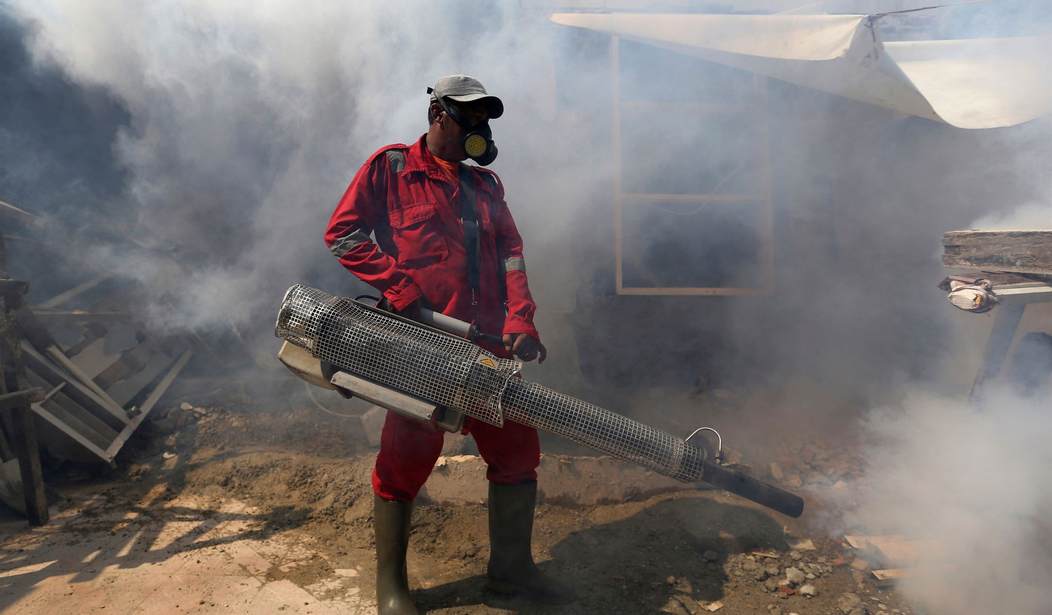I am glad to be alive after a bout with dengue fever. But many across the world are not so fortunate. More than 4000 die each year due to dengue, a severe mosquito-borne disease.
It all began 10 days ago with intense fever. My body consistently clocked above 102 degrees Fahrenheit for 48 hours. Then followed severe pain in every part of the body. Once the fever and aching subsided, the second phase of the struggle began, with the blood platelet count falling dramatically.
Often, as in my case, the blood platelet count recovers on its own slowly. But in case of mismanagement, as the World Health Organization (WHO) reports, some people develop “complications associated with severe bleeding, organ impairment and/or plasma leakage.” In the worst cases, it results in death.
Contrary to expectation, the prevalence and incidence of cengue has increased in recent decades.
WHO says, “the number of dengue cases reported to WHO increased over 8 fold over the last two decades, from 505,430 cases in 2000, to over 2.4 million in 2010, and 5.2 million in 2019. Reported deaths between the year 2000 and 2015 increased from 960 to 4032, affecting mostly younger age group.”
“Before 1970,” the report went on, “only 9 countries had experienced severe dengue epidemics. The disease is now endemic in more than 100 countries in the WHO regions of Africa, the Americas, the Eastern Mediterranean, South-East Asia and the Western Pacific.”
Why is there a dramatic increase when we have effective disease control mechanisms at our disposal? Because the application of those solutions has been hindered by environmental movements.
Recommended
The increase in dengue can partially be attributed to radical environmentalists’ opposition to the most effective killer of mosquitoes, DDT (dichloro-diphenyl-trichloroet
Thanks to Rachel Carson’s unscientific claims about DDT in her 1962 book Silent Spring, the environmental movement against DDT began with blind stupidity. In 1972, the U.S. EPA banned DDT. Then in 2004, several countries decided to ban DDT at the Stockholm Convention on Persistent Organic Pollutants. Today, most arguments (and movements) against DDT can be traced back to the inspiration from this fallacious fear-mongering unscientific book and its claims on DDT.
Not only were Carson’s claims untrue, but they have also managed to cause the deaths of thousands across the globe during the last three decades by acting as an active ideological hurdle to employing DDT to kill the deadly mosquitoes.
Some cities in India for example are influenced by the lies from her book and fail to proactively fumigate public places with DDT. Instead of using DDT as a preventive method, DDT fumigation is limited to a responsive measure, fumigating only when dengue cases occur.
And so far, we have addressed only dengue. The benefits of DDT fumigation appear far more critical if we are to consider their role in prevention of Malaria. Malaria affects 300 million people every year. The situation is far worse in the African continent, where malaria kills two children every minute. DDT can prevent the transmission of malaria by as much as 90% if employed efficiently.
I am thankful that I have recovered, and I am thankful that our government in India has not banned DDT. In fact, India is supplying DDT to South Africa, Zimbabwe, and Zambia for malaria control.
DDT is a life saver, and any country with mosquito-borne diseases should allow its use. Swiss chemist Paul Hermann Muller was awarded the Nobel Prize in Physiology or Medicine in 1948 “for his discovery of the high efficiency of DDT as a contact poison against several arthropods,” including mosquitoes. Let not the lies of Rachel Carson rob millions of African children of their very lives.
Vijay Jayaraj is a Research Associate at the CO2 Coalition, Arlington, VA, and a Contributing Writer for the Cornwall Alliance for the Stewardship of Creation. He holds a master’s degree in environmental sciences from the University of East Anglia, UK. He resides in Bengaluru, India.

























Join the conversation as a VIP Member